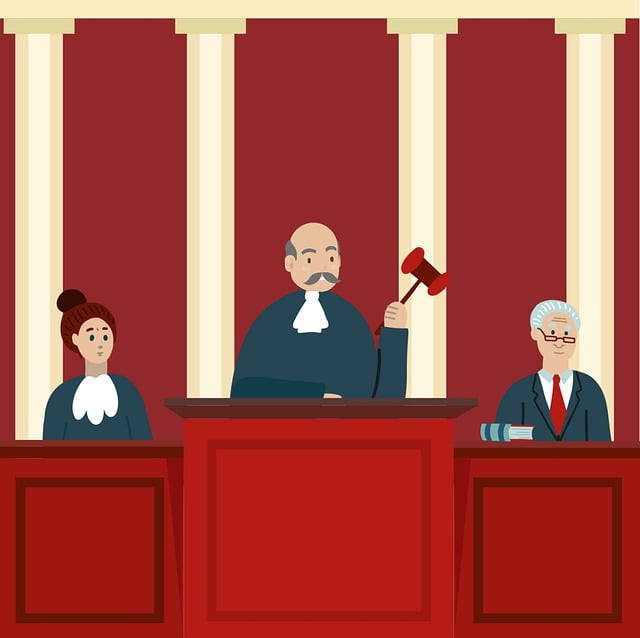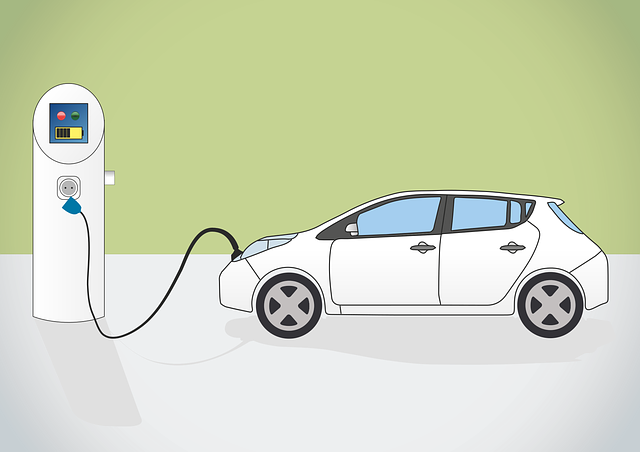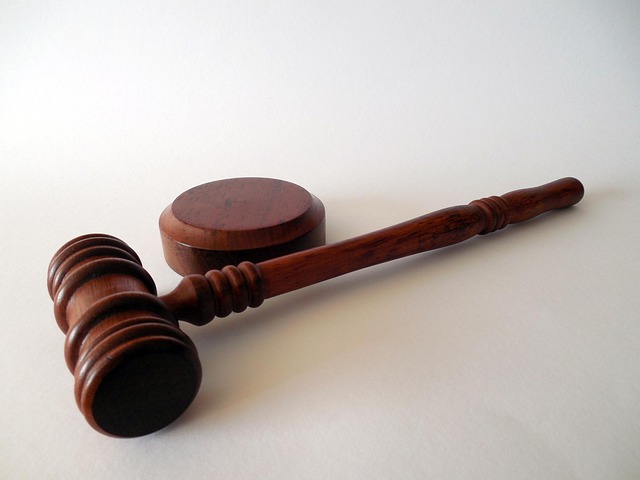Wet floor accidents are handled under premises liability, focusing on property owners' duty to maintain safe conditions. Many cases settle out of court for efficiency and confidentiality, with legal decisions setting important precedents. Out-of-court settlements offer time efficiency, privacy, and cost savings, but consulting a lawyer is crucial to secure fair compensation. Property owners can mitigate liability and protect individuals from harm through regular cleaning, prompt leak repair, effective signage, and efficient drying systems.
Wet floor accidents can have severe consequences, leading many victims to seek legal redress. These cases often settle out of court, a practice that presents both advantages and challenges. This article delves into the legal perspective on wet floor liability, explores the benefits and barriers of out-of-court settlements, and highlights critical responsibilities for property owners in preventing slip-and-fall accidents. Understanding these aspects is crucial for both victims seeking justice and property managers aiming to avoid litigation.
- Wet Floor Liability: A Legal Perspective
- Out-of-Court Settlements: Benefits and Barriers
- Preventing Slip-and-Fall Accidents: Property Owner Responsibilities
Wet Floor Liability: A Legal Perspective
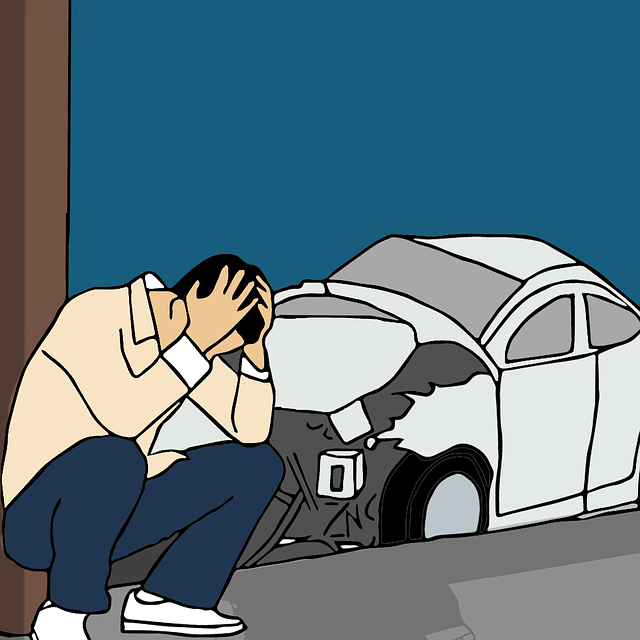
In the context of personal injury law, wet floor accidents often fall under the umbrella of premises liability, focusing on the legal responsibilities of property owners or managers to ensure safe conditions for visitors. When a slip and fall occurs due to a wet floor, establishing liability involves a thorough examination of various factors. Key considerations include whether the property owner had actual or constructive knowledge of the hazardous condition and if they acted reasonably in addressing it. In many cases, wet floor accident settlements are reached out of court, as both parties prefer the efficiency and confidentiality of an amicable resolution.
The legal landscape surrounding these incidents is complex, with precedents setting important precedents for similar cases. Courts often consider the specific circumstances, such as the visibility of the moisture and the time elapsed between its appearance and the accident. This intricate web of legal principles ensures that victims of wet floor accidents receive fair compensation while holding property owners accountable for their duties of care. Moreover, understanding these legal perspectives is crucial for both plaintiffs pursuing a product liability claim or defendants seeking to defend against allegations in truck accident settlements stemming from similar incidents.
Out-of-Court Settlements: Benefits and Barriers
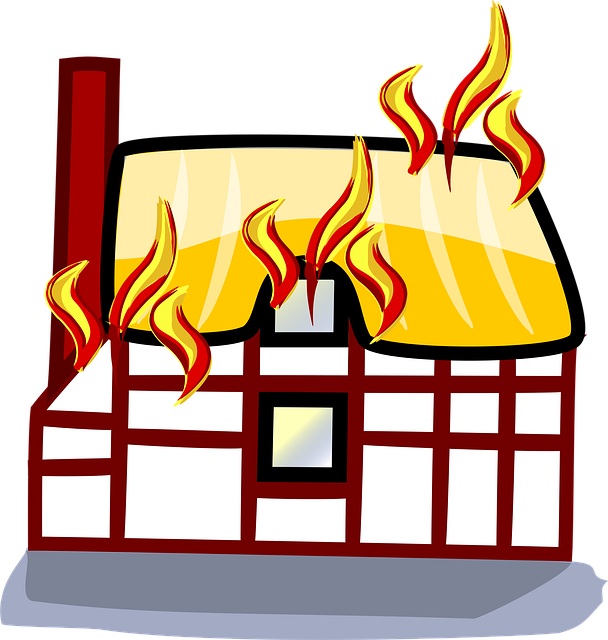
Out-of-court settlements offer several advantages for both plaintiffs and defendants in wet floor accident cases. One of the primary benefits is time efficiency; resolving the case outside of court allows for quicker compensation, which can be particularly important when dealing with medical expenses and lost wages. Additionally, it provides privacy, ensuring details of the incident remain confidential. This approach can also reduce legal fees, making it more cost-effective than prolonged litigation.
However, there are potential barriers. Negotiations may not always result in a favorable outcome, especially if the defendant refuses to admit liability or offers an inadequate settlement amount. In such cases, consulting with an accident lawyer becomes crucial. They can assess the merits of the case, determine if a breach of contract has occurred, and advocate for the plaintiff’s rights to ensure they receive fair compensation without compromising their interests.
Preventing Slip-and-Fall Accidents: Property Owner Responsibilities
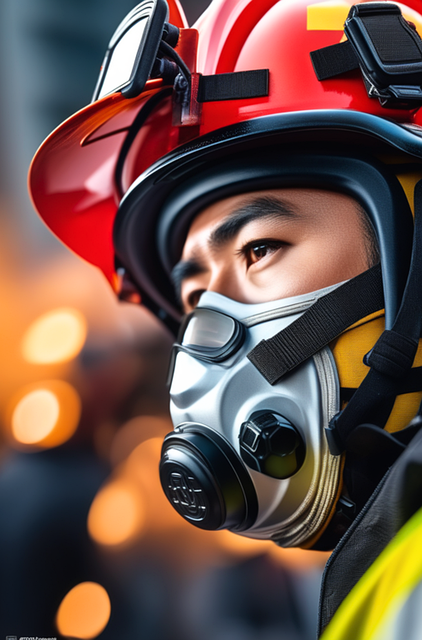
Preventing slip-and-fall accidents on wet floors is a primary concern for property owners to avoid liability and protect individuals from potential harm. Regular cleaning and maintenance are essential, especially in high-traffic areas, to eliminate water buildup and ensure a safe environment. Promptly addressing leaks, properly placing signs or barriers during cleanups, and implementing efficient floor drying systems can significantly reduce the risk of accidents.
Property owners have a legal duty to maintain their premises in a reasonably safe condition. Neglecting these responsibilities may lead to serious consequences, including personal injury claims and lost wages for victims who suffer injuries due to wet floor conditions. A Boca Raton auto accident attorney would advise property owners to stay vigilant and proactive in preventing such incidents, as settling out of court is often a preferred and more efficient approach for both parties involved in wet floor accident cases.
Many wet floor accident cases are resolved through out-of-court settlements, reflecting a strategic approach by legal professionals and insurance companies alike. This practice allows for swift resolution, cost savings, and the preservation of privacy—all significant factors in managing these sensitive cases. However, it’s crucial for property owners to understand their responsibilities in preventing slip-and-fall accidents, as outlined in this article, to minimize potential liability and ensure a safer environment for everyone.


